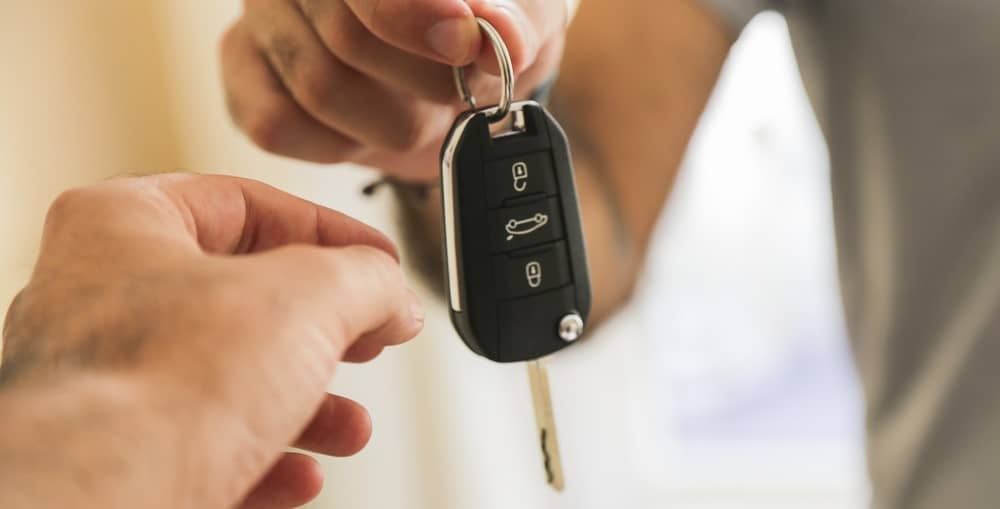What Is Non-Owner Car Insurance?

Last Updated on by Daniel Lawrence
Car insurance is a vital component of responsible vehicle ownership. Most people are familiar with the concept of insuring their own cars, but what about situations when you don’t own a car, yet you occasionally drive one? This is where non-owner car insurance comes into play. In this blog post, we will explore the ins and outs of non-owner car insurance, including what it is, why you might need it, and how it works.
What Is Non-Owner Car Insurance?
Non-owner car insurance, as the name suggests, is an auto insurance policy designed for individuals who do not own a vehicle but still need coverage while driving. This type of insurance provides liability coverage, typically for bodily injury and property damage, but does not cover the cost of damages to the non-owner’s or borrowed vehicle. Non-owner policies are typically less expensive than traditional auto insurance policies because they don’t have to cover physical damage to a specific vehicle.
Why Might You Need Non-Owner Car Insurance?

There are several situations in which non-owner car insurance might be necessary or beneficial:
- Liability Protection: Non-owner car insurance provides liability protection in case you are involved in an accident while driving someone else’s car. Without this coverage, you could be personally liable for any damages or injuries you cause in an accident.
- Rental Cars: If you frequently rent cars for business or personal use, non-owner car insurance can serve as a cost-effective way to ensure you have liability coverage, potentially saving you money compared to buying insurance from the rental car company.
- Occasional Borrowing: If you occasionally borrow a friend’s or family member’s car, non-owner car insurance can offer peace of mind, ensuring you have liability coverage while driving their vehicle.
- SR-22 Requirements: Some states require individuals with a suspended or revoked driver’s license to file an SR-22 certificate as proof of financial responsibility. Non-owner car insurance can help meet this requirement without owning a vehicle.
How Does Non-Owner Car Insurance Work?
Non-owner car insurance works similarly to traditional auto insurance, but with some key differences:
- Coverage Limits: Non-owner policies typically include liability coverage, which pays for bodily injury and property damage you cause to others in an accident. These policies have coverage limits, and you can choose the limit that suits your needs.
- No Vehicle Coverage: Non-owner car insurance does not provide coverage for the vehicle you are driving or any physical damage it incurs. This is the responsibility of the car’s owner or the owner’s auto insurance policy.
- Rental Cars: When you rent a car, non-owner car insurance can serve as primary coverage for liability, meaning it pays out before your personal auto insurance (if you have one). It’s crucial to understand the terms and coverage details when renting a vehicle.
- Cost: Non-owner car insurance is typically more affordable than traditional auto insurance because it covers only liability and doesn’t include comprehensive or collision coverage.
Conclusion
Non-owner car insurance is a valuable option for individuals who do not own a car but need liability coverage while driving. It offers protection in situations like renting cars, occasional borrowing, or fulfilling SR-22 requirements. While it doesn’t cover physical damage to the vehicle you’re driving, it provides essential protection against liability claims, helping you stay financially secure in case of an accident. If you find yourself in any of these situations, consider non-owner car insurance as a cost-effective way to protect yourself and others on the road.